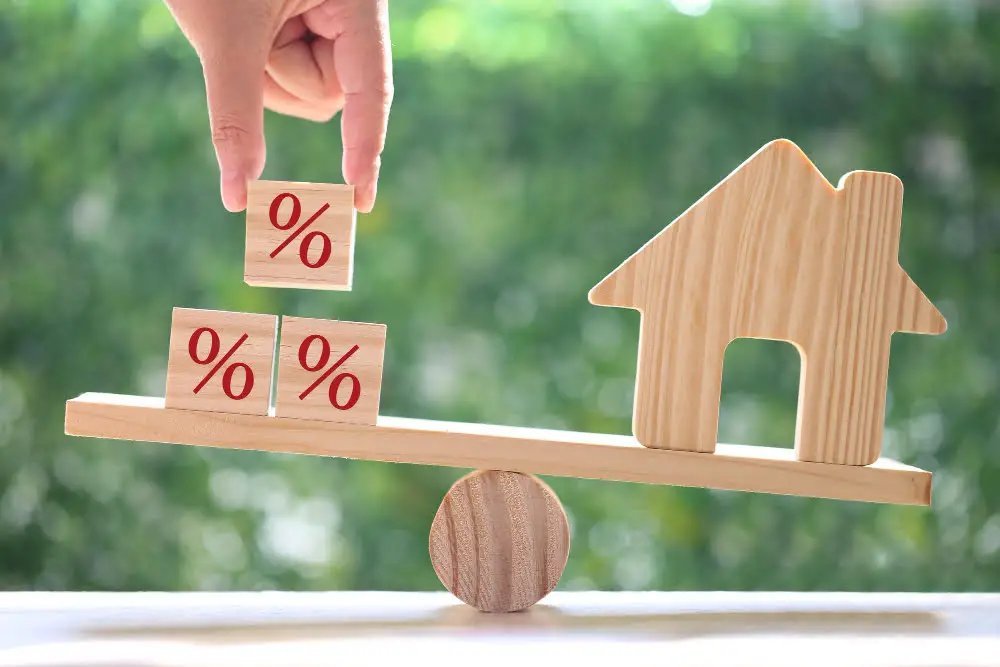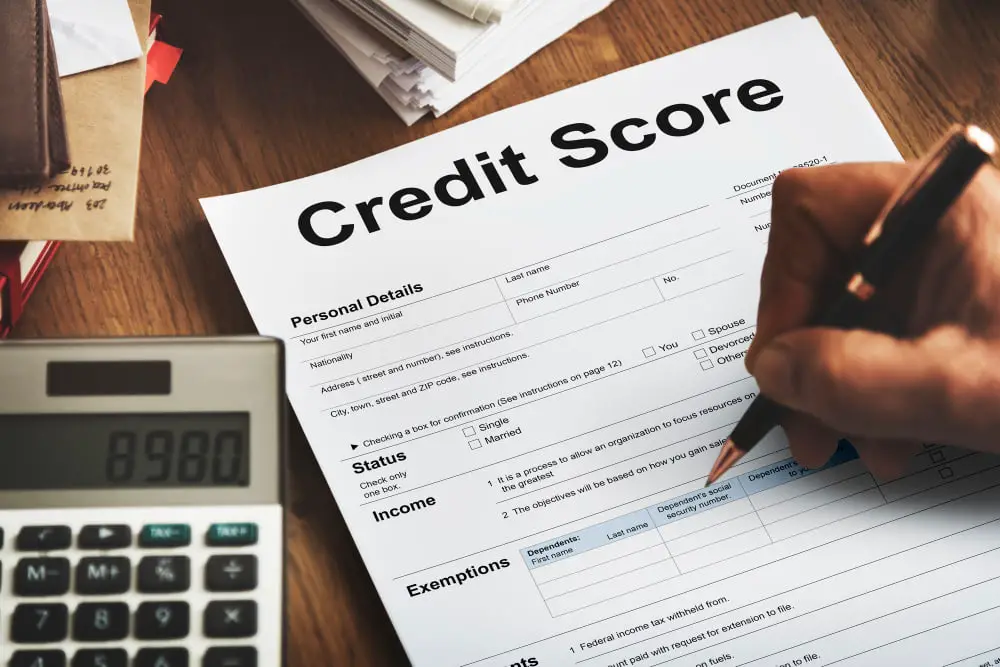Last updated on
Purchasing a home is one of the biggest financial decisions most people will make in their lifetime. For many, it’s a significant step towards achieving the American dream of homeownership and creating a stable future for themselves and their families. However, buying a house involves more than just finding the perfect property — you must consider location, budget, and mortgage rates.
While many may be familiar with basic mortgage terminology, understanding various aspects of interest rates can ultimately save potential home buyers thousands of dollars over the life of their loan. Let’s get started!
Economic Factors

Mortgage rates are heavily influenced by broader economic factors, which can fluctuate based on policies set by the Federal Reserve, inflation, and the health of the economy. Therefore, prospective homebuyers need to keep an eye on these trends as they can impact how much interest you’ll pay over the course of a mortgage.
By understanding these economic implications, you’ll be better equipped to calculate how much house you can afford at any given time, ensuring that you are making a financially savvy commitment that aligns with your long-term objectives. Most importantly, don’t rush the decision-making process. Take your time to research and compare rates from various lenders before settling on one.
Fixed Vs. Adjustable Rates
If you’re taking out a mortgage, you must understand the difference between fixed and adjustable rates. With a fixed-rate loan, your interest rate remains the same for the life of the loan, providing predictable monthly payments. On the other hand, an adjustable rate loan can fluctuate up or down depending on market conditions, potentially causing your monthly payments to increase or decrease.
While an adjustable-rate loan may initially have a lower interest rate than a fixed-rate loan, it can also come with added risk if rates rise significantly. Understanding these differences can help you make an informed decision about which type of loan is best for your financial situation and goals.
Impact of Credit Score

Your credit score is a powerful tool that can have a significant impact on your financial life: it’s a three-digit number that essentially tells lenders how reliable you are when borrowing money. A high credit score means you have a history of paying your bills on time and managing your debt responsibly, which can lead to more favorable interest rates on loans and credit cards.
A low credit score could mean you end up paying higher interest rates, which can cost you thousands of dollars over the life of a loan. To maintain a good credit score, make sure to pay your bills on time, keep your credit card balances low, and avoid taking on too much debt.
Loan Term Length
The duration of your mortgage, or loan term length, impacts the total cost of your home over time. Common term lengths include 15, 20, or 30 years, and choosing between them can significantly affect your monthly payments and the total interest paid. Shorter loan terms typically have higher monthly payments, but over time, you’ll pay less interest compared to longer terms. This is because the interest does not accumulate over as many years.
A longer-term loan will have lower monthly payments, allowing greater monthly cash flow flexibility, but will result in more interest paid over the life of the loan. Potential homeowners need to consider their current financial situation, long-term goals, and how long they plan to stay in the home when selecting the ideal loan term.
Rate Locks
When you are close to finalizing your mortgage, a rate lock may become a tool to consider. A rate lock is an agreement between you and the lender that the mortgage interest rate won’t change between the offer and closing as long as there are no changes to your application and you close within the specified time frame. This can protect you against sudden and potentially significant increases in interest rates, which can affect the affordability of your home loan.
It’s particularly important to assess the timing of a rate lock; while securing a low rate when the market rates are predicted to rise can save you money, locking in too early could mean missing out on potential rate declines. Most rate locks have a set duration, commonly 30 to 60 days. If your home purchase or loan closing is delayed beyond this period, you might have to pay extra to extend the lock or risk losing the locked rate.
Once you stay informed about economic factors, know the differences between fixed and adjustable rates, recognize the impact of one’s credit score, and choose the appropriate loan term, prospective buyers can navigate the complexities of mortgages with confidence.
The key is to remain diligent, do thorough research, and consider personal financial circumstances and goals, which all play a vital role in making a sound, informed decision that will shape your financial future and home-owning journey.
Recap




